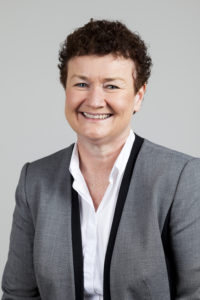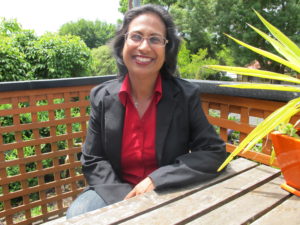Violence against CALD women a pressing issue
Women from culturally and linguistically diverse (CALD) backgrounds are among the most vulnerable victims of family violence and the issue is leading to the stigmatising of some ethnic groups, a new research report says.
The report, produced by the federal Department of Social Services and migrant and refugee settlement agency AMES Australia, says that violence against women is “rooted in gender inequality” and “harmful cultural and social norms”.
Titled Violence against women in CALD communities: Understandings and actions to prevent violence against women in CALD communities, the report says that addressing violence against women is “a critical task of settlement policy and practice in Australia”.
The report is partly a response to findings in the latest ‘National Survey on Community Attitudes to Violence Against Women’ which cited males from CALD backgrounds as the least likely of all groups to consider violence against women common and/or serious, and that women from CALD and refugee backgrounds are “more vulnerable to ongoing violence and its impacts”.
The report says social exclusion and racism are factors which increase the risk of violence in some diverse communities because groups isolated from mainstream society find it more difficult to integrate and understand social norms and laws related to family violence.
“Violence against women occurs across the social spectrum in all cultures. However certain groups of women are particularly vulnerable to being victimised, and men to perpetrating violence, owing to risk factors for this violence,” the report says.
It says the risk factors include the effects of war, torture or trauma, resentment from some men as women exercise new freedoms and a lack of knowledge about gender relations and laws in Australia.
“Gender inequality, roles, relationships and identities and the norms, practices and structures supporting them are influenced by a range of historical and contemporary social and economic factors,” the report says.
“Therefore they are variable between groups. For this reason, assessing the ways in which gender relations are structured in specific groups and the ways in which they influence VAW is an important first step,” it says.
“Some factors contributing to violence against women in CALD communities involve current or past adversity for perpetrators of violence. These factors can provide the context for understanding violence and need to be addressed.
“However, they do not excuse violent behaviour. The use of violence is a choice and it is important that men who use violence are held accountable for their behaviour through informal and, where necessary, formal social sanctions,” the report says.
It says that addressing social exclusion, stigma and racism affecting CALD communities is a foundation for tackling family violence.
The report says these factors are significant in increasing the risk of violence in some communities because they work against integration and can isolate communities.
“These conditions…negatively affect responses to and by CALD women affected by violence. This in turn undermines then prospect of men being held accountable for violence and therefore of establishing social norms against this behaviour.

AMES Australia CEO Cath Scarth
The report outlines a road-map to guide the prevention of family violence in CALD communities that emphasises awareness-raising and education as well as economic and social inclusion.
AMES Australia CEO Cath Scarth said that the prevention of family violence has focused largely on the community as a whole, with minimal attention being paid to addressing factors relevant to particular communities.
“The risk of such ‘universal’ approaches – when not accompanied by efforts to tailor strategies to the needs and contexts of particular groups – is that the gains made in prevention may not be shared equally,” Ms Scarth said.
“We are a nation proud of our cultural diversity and have developed legislation and policies to ensure that all citizens are provided with equal opportunities, rights and entitlements,” she said.
“Among these is the right of women to live free from violence and the fear of violence. Extending efforts to preventing family violence in CALD communities is critical to ensuring that this right is realised,” Ms Scarth said.
Indian migrant and family violence victim Ritu Dhar says women in abusive relationships need not suffer.

Ritu Dhar
As an escapee from an abusive arranged marriage alone in a strange country with no money, no job and a 15-month-old child, life looked grim for Ritu.
Subjected to emotional and financial abuse and prohibited from doing almost anything without her overbearing husband’s permission, she faced an invidious choice; buckle down obediently or go home to India in disgrace.
But Ritu’s inspirational journey from near destitution to successful, independent businesswoman stands as an example for other women who are the victims of abusive relationships; and as a testament to her own resilience.
“I would say to women: don’t succumb to the situation – it does not have to be like this. You have the right to your individuality, you have right to live and there is help out there,” Ritu said.
“If there is one thing I have learned it is that you do not need to suffer. And, the quicker you take the decision to get out, the better.
“Take hold of the opportunities that come your way and never give up your dreams and hopes. If you have the will and determination, you will achieve your dreams as I have,” Ritu said.
Laurie Nowell
AMES Australia Senior Journalist












